Filter by
749 results found
-
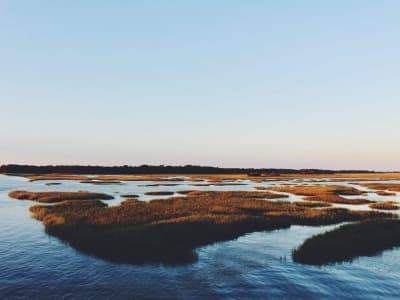
Climate change mitigation potential of wetlands and the cost-effectiveness of their restoration
Taillardat et al. 2020 Although inland and coastal wetlands are highly efficient sinks of carbon dioxide, they also release methane – another carbon-containing greenhouse gas. Hence, wetlands can in some cases draw down carbon and yet have a net warming effect on the climate due to methane release. This means that restoration, protection and management […] -

Active restoration accelerates the carbon recovery of human-modified tropical forests
Philipson et al. 2020 Over half of tropical forests have been degraded by human activities, such as timber harvesting, reducing carbon storage and biodiversity value, and making them more vulnerable to conversion to agriculture. This paper investigates the effect of natural regeneration and active restoration of degraded forests on recovery of carbon stocks in Sabah, […] -

Integrated farming & forestry in Guatemala
An integrated nature-based farming and forestry approach in Guatemala has increased the resilience of local people to change, as shown by their better ability to cope with the implications of COVID-19 than communities without such a system. The approach is known as “Maize, Potato, Sheep and Forest” (MPOB). It involves intercropping of the primary crops, […] -
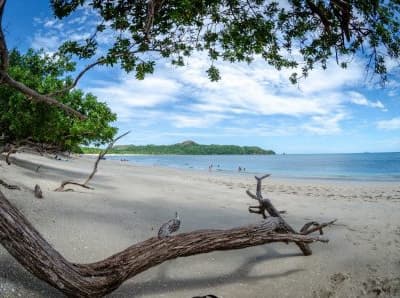
Mangrove restoration in Costa Rica
A pilot mangrove restoration project in Costa Rica has demonstrated how mangrove planting can benefit habitat and species conservation, whilst also boosting the local economy. About 40% of Costa Rica’s mangroves were deforested following the collapse of the country’s banana boom in the 1980s. A vigorous fern species has taken over much of the deforested […] -
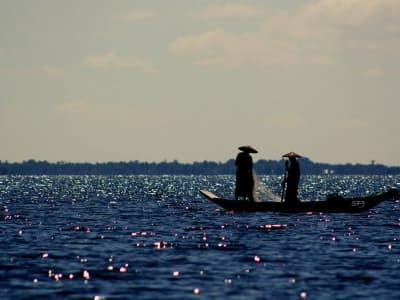
Sustainable wetland management in Bangladesh
The Tanguar Haor wetland in Bangladesh provides a striking example of how decades of poor ecological management and violation of people’s rights can be turned around with dedicated collaborations of governments, NGOs and local people, but also highlights the challenges of creating community-centric ecological management that is sustainable in the long-term. From the 1930s until […] -

Poverty alleviation in Indonesia protects forests
The correlation between reduced deforestation and poverty alleviation has been well known for years. However, Ferraro and Simorangkir (2020) looked at the direction of causation in Indonesia for the first time. They found that a programme providing households with cash, in return for taking specific health- or education-related actions, resulted in a decrease in forest […] -

UK Environment Agency’s launches five-year plan
In July 2020 the Environment Agency published a new five-year strategy, embedding some of the environmental benefits seen during the pandemic. The plan includes a series of annual targets such as for river protection, habitat creation and emissions cuts, aiming to accelerate the UK transition to a nature-positive, climate-resilient future. Read more details in the […] -

UN funding forest protection in Indonesia, despite rising deforestation rates
The UN’s Green Climate Fund (GCF) has approved $103 million of funding for forest protection in Indonesia, through the REDD+ programme. However, the Indonesian government promotes and engages in large-scale deforestation, with rates increasing during the pandemic. Therefore, the GCF has received widespread criticism for using inappropriate methodology for calculating avoided emissions and rewarding funding […] -
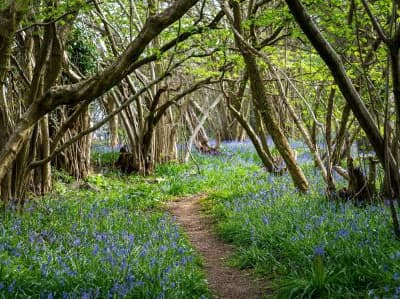
UK post-Brexit Environment Bill
Details of the UK’s post-Brexit Environment Bill were launched in January 2020. Further updates on the Bill were announced on August 19th, including the creation of legally binding targets on four key areas: biodiversity, air, water and waste. This means that future governments will be legally bound to meeting these targets, making commitments resilient to […] -
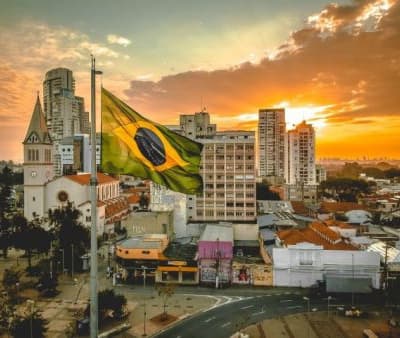
Low-carbon recovery is the best option for Brazil
A new study – A New Economy for a New Era: Elements for Building a More Efficient and Resilient Economy in Brazil – finds that a low-carbon, climate-resilient recovery for Brazil would provide more benefits for the country than continuing the current development model. Compared to business-as-usual a low-carbon economic recovery could provide: A net […] -

Watch NbS Digital Dialogues & read summaries
Summaries We are now pleased to publish summaries of five of the panel sessions from the event. Each summary outlines the key messages made during the session, and makes recommendations of actions to be taken in science, policy or practice, depending on the session, to further advance the successful implementation of NbS. Read the summaries […] -
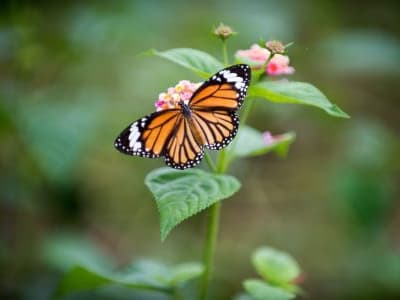
Five policy recommendations for nature
Business for Nature brought together over 200 companies from 15 sectors, and many additional organisations, to create five policy recommendations for to help protect and restore nature: Provide direction and ambition by adopting ambitious targets to reverse nature loss Increase coherence in UN governance by aligning policies for nature, people and climate, and ensure effective […] -
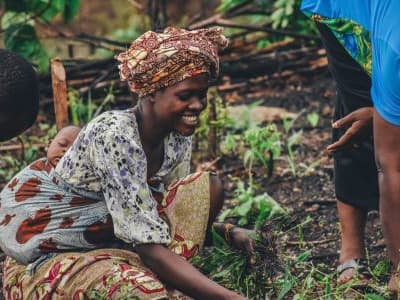
IUCN Global Standard for Nature-based Solutions
On 23rd July 2020 the International Union for the Conservation of Nature (IUCN) launched a Global Standard for nature-based solutions (NbS). Through a two-year consultation process involving almost 1000 people, IUCN created this set of criteria to define what constitute successful and sustainable NbS. They can be used as guidance by governments, businesses, NGOs, communities […] -

Launch of Task Force on Nature-related Financial Disclosures
Back in 2017, the Task Force on Climate-related Financial Disclosures (TCFD) published voluntary guidelines for reporting risks that climate change poses for business, investments and loans. Now an equivalent set of guidelines is being made for nature-related risk – the creation of a new Task Force on Nature-related Financial Disclosures (TNFD) framework was announced in […] -
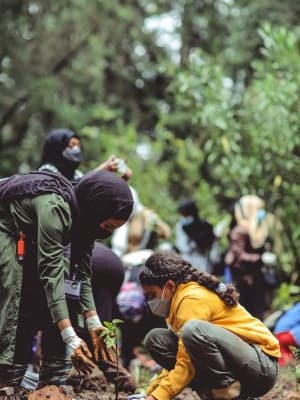
WEF: Nature-led COVID recovery could create $10tn/year
The World Economic Forum’s New Nature Economy report, published in July 2020, found that prioritising nature in the COVID recovery strategy could generate 400 million jobs and $10 trillion per year. Important components of such a strategy are ending the $2 billion of damaging subsidies given daily to agriculture; such subsidies must be redirected at sustainable […] -
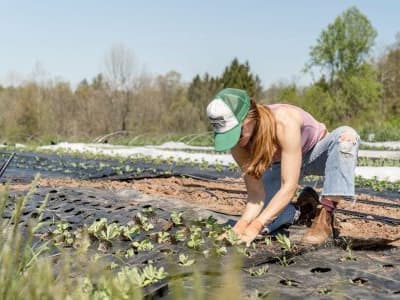
Unilever makes new sustainability commitments
The consumer goods giant Unilever, which owns over 400 brands, has already committed to Science Based Targets for zero emissions in operations by 2030. In June 2020 they set out new commitments to sustainability, including: Deforestation-free supply chain by 2023 Providing water stewardship programmes to 100 water-stressed locations by 2030 Net-zero emissions for all products […] -
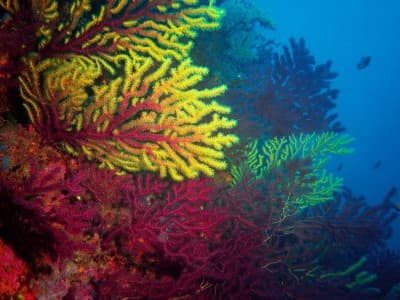
The costs, benefits & economic implications of protecting 30% of the planet for nature
Protecting 30% of the world’s land and oceans is proposed as a target for the draft post-2020 Global Biodiversity Framework. This report finds that the benefits of such protection would outweigh the costs at least 5-to-1, providing new evidence that wildlife conservation drives economic growth in addition to non-financial benefits, and is critical for creating […] -
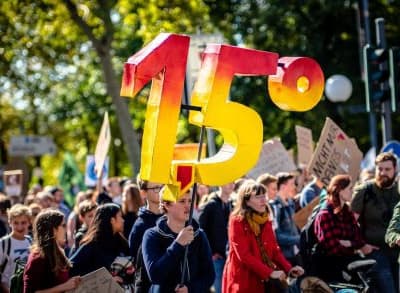
Updates to Nationally Determined Contributions to the Paris Agreement
Updated Nationally Determined Contributions (NDCs) to the Paris Agreement are due this year. So far eight countries have submitted new NDC targets, eight have proposed new targets, and seven have re-submitted old targets. This leaves 172 countries yet to submit their 2020-updates. The countries that have submitted old targets and so will not strengthen their […] -

NbS Digital Dialogues – 7th-9th July
It’s just a few days until NbS Digital Dialogues 2020, where we will bring together leaders from science, policy and practice, to discuss what successful, sustainable Nature-based Solutions look like, and how they can be financed and governed. Sign up now for: Three inspiring keynotes by Sandra Diaz, Christiana Figueres, Musonda Mumba Six panel-sessions taking […] -
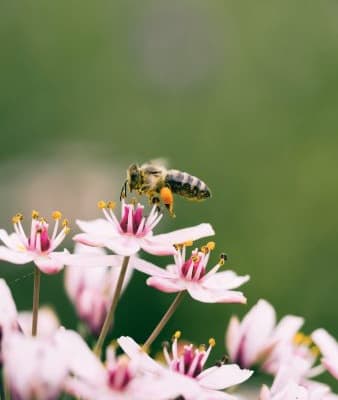
EU launches Biodiversity Strategy for 2030
In May 2020, the European Union released its new Biodiversity Strategy, to address the biodiversity crisis both within and beyond the territories of member states. The new strategy involves: – Protecting and effectively managing at least 30% of Europe’s land and sea – Improving the conservation status or trend of at least 30% of EU […] -
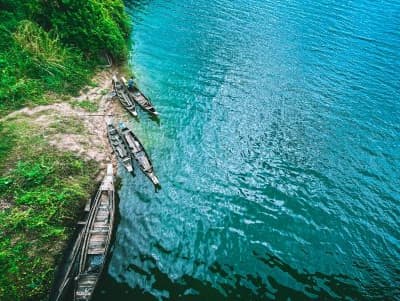
Bangladesh’s mangroves threatened by development
A 6 km-long bridge is being built in Bangladesh. This will increase connectivity across the country, and has already prompted development in the south-western Khulna Division. This region is home to the largest mangrove forest in the world: the Sundarbans. These mangroves are already under pressure from human activities, but the growth of real estate, […] -

Saving the Sundarbans from development
Mukul et al. 2020 A 6 km-long bridge is being built in Bangladesh. This will increase connectivity across the country, and has already prompted development in the south-western Khulna Division. This region is home to the largest mangrove forest in the world: the Sundarbans. These mangroves are already under pressure from human activities, but the […] -

Net Zero webinar series
In collaboration with The Guardian, the University of Oxford is hosting a series of five webinars on how the UK can achieve its net zero emissions target. The webinars are free to watch and tailored to a public audience, specifically the “well-informed school-striker”. Reaching net zero will require drastic reductions in emission of greenhouse gases, […] -

Call to CEOs to push for nature-positive recovery
31 NGOs and business groups have published a letter calling on CEOs to use their influence to encourage governments to make ambitious policies for nature as part of green COVID recovery plans. Read the letter here. -
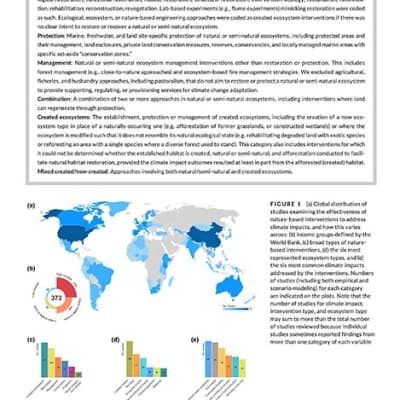
Mapping the effectiveness of nature‐based solutions for climate change adaptation
To enable NbS policy and practice to be better informed by science, we produced the first global systematic map of evidence on the effectiveness of nature-based interventions for addressing the impacts of climate change and hydrometeorological hazards on people.
